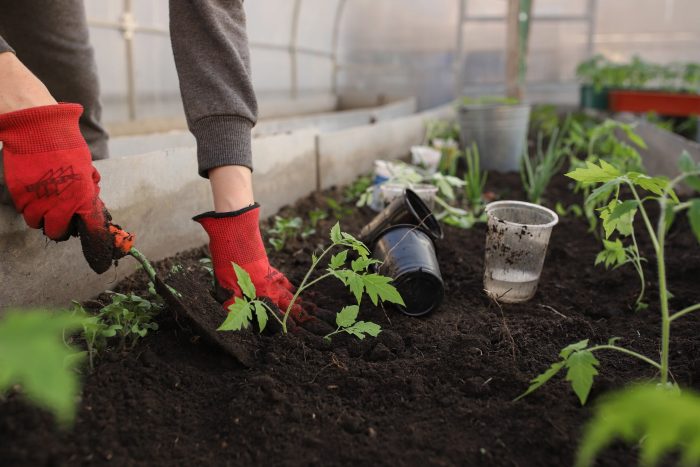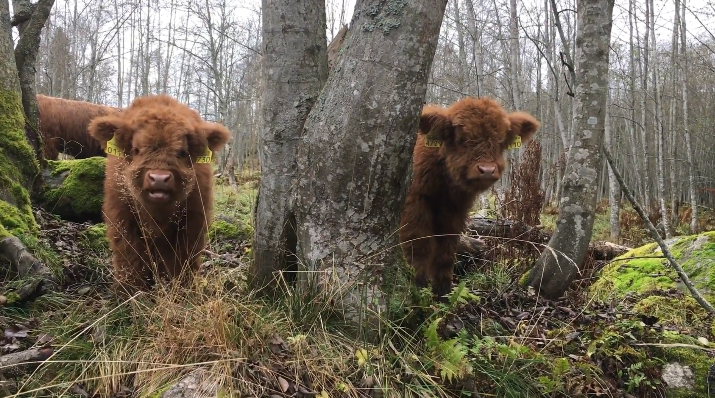Should You Use Coffee Grounds In The Vegetable Garden?
Coffee grounds have been touted to be able to do nearly everything, and while there is some truth to their usefulness – there are also a LOT of myths floating around out there. Here are the facts on using coffee grounds in your garden.
Coffee Grounds Are Almost Always Highly Acidic
In nearly all cases, coffee grounds are far too acidic to be used directly in soil. However, coffee grounds are fantastic for compost! In fact, many people go out of their way to ask coffee shops for their spent grounds just so they have enough for their pile.
What Do Coffee Grounds Do For Compost?
Coffee grounds give a nitrogen boost to a compost pile, when paired with a suitable number of browns, like dried yard waste, shredded paper, cardboard, etc. this heats the pile and gets things moving much quicker.
Used coffee grounds are often used as a substitute for manure in compost piles, as some people have some concerns about pathogens. It’s also much easier to acquire used coffee grounds, since many businesses are happy for you to haul away their trash for them.
Some tests have even shown that coffee grounds performed BETTER than manure in compost piles.
What If Your Compost Is Too Acidic?
Making your compost to acidic is a valid concern, especially if you are composting in a worm bin, as worms can’t stand soil that is too acidic. Some people recommend adding a cup of agricultural lime to every 10 pounds of coffee grounds that you put into your compost pile, BUT…
Egg shells can be used in the garden as a liming agent as well! While I’d prefer to feed them back to the chickens to aid in egg production, this is also a good use for them if you’re looking to reduce waste in your home.
How Much Coffee Grounds Is Too Much?
This one is a bit of a debate, but you can read some interesting studies on it. Oregon State found that 25% coffee grounds in a compost pile kept it at a healthy 135 – 155 degrees. Other hobbyist gardeners have claimed to use even MORE coffee grounds in their compost than that.
So, what’s the ideal here? The truth is, everything is about balance. Composting is a bit of an art form, and you need to spend some time monitoring, testing, and learning what needs to be done to properly heat a pile and make it productive for you and your garden.
Are There Any Plants That Can Use Coffee Grounds Directly?
The answer to this is… “maybe”. That’s because not all coffee grounds test the same. One test found that Eight O’Clock Coffee tested at 5.1, which would be ideal for blueberries. However, this is a very unusual reading, and most of their other tests (31 in total) had a PH below 5, making them too acidic for even traditionally recommended plants.
So, what can you make of this information? Well, you could try testing your coffee grounds yourself to see if they could be used directly, but I think the best option is obviously just composting them for a soil additive.

Bob learned about farming from his grand dad. So, the decision to leave the city and start homesteading was not a difficult transition. He now lives with his wife and two kids on their 30 acre property in Ohio.






